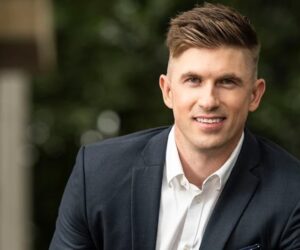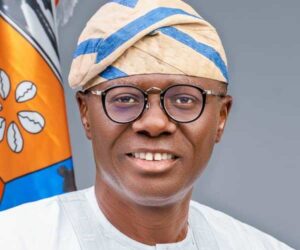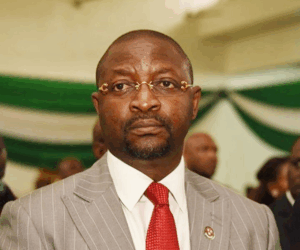Nigeria marks 65 years of independence with a health system once celebrated as a beacon of modern medicine now drained of the very healers needed to keep it alive. Citizens are left to navigate a system that can’t even provide even the most basic care.
At independence, health institutions such as the University College Hospital (UCH) in Ibadan were proud examples for medical advancement, attracting patients from West Africa and beyond. However, that image is fading fast.
From primary healthcare centres to teaching hospitals, healthcare providers such as doctors, nurses, and specialists are leaving in droves. Over 15,000 nurses migrated to the UK in the last five years, while nearly 20,000 doctors exited the system between 2005 and 2024, according to the National Association of Resident Doctors. The result is that Nigeria now has just 2.9 doctors per 10,000 people, a fraction of the World Health Organization’s recommended 17 per 10,000.
The exodus reflects the rot that has long plagued the sector—dilapidated infrastructure, obsolete or absent equipment, poor welfare, and harsh working conditions. Primary healthcare centres, the backbone of care delivery, often lack electricity, clean water, and even essential medicines.
“The health sector has retrogressed significantly. In the 60s, we had quality medical services that were affordable, and even free. A medical doctor on employment was given a car. What I see now is shocking,” said Olayinka Oladimeji, former director, Primary Healthcare Systems Development.
Brian Deaver, chief executive officer of African Medical Centre of Excellence, put it more bluntly. “Nigeria will struggle to deliver healthcare for citizens if health professionals remain unappreciated and burned-out. If we want a system that heals, we must start by building environments where caregivers thrive,” he told a BusinessDay health conference.
Experts argue that these deficiencies are symptoms of decades of underfunding, underinvestment and lack of political will from the very leaders who choose foreign healthcare, which costs the nation about $2 billion in annual losses.
According to Adetolu Ademujimi, technical advisor, Health Financing, APIN Public Health Initiatives, the loss of workforce is currently the biggest challenge, but the foundational challenge remains the funding structure.
According to him, the constitution gives the federal government more funds, while states and local governments with the largest population of healthcare needs take barely 20 percent and 18 percent respectively.
Experts believe this underfunding has created a system highly dependent on household spending, making healthcare more expensive for citizens and pushing millions into poverty.
Over 70 percent of healthcare costs are borne by patients, placing the country among the highest globally, and demonstrating government’s failure to achieve the Universal Health Coverage (UHC).
Health insurance coverage is crawling with barley 20 million Nigerians covered out of the estimated 220m citizens. Public health financing remains at around 5 percent of total expenditure, far below the 15 percent target.
Consequently, a 2024 World Bank report noted that health-related expenses pushed over one million Nigerians into poverty yearly. For millions, seeking care means deciding whether to buy drugs or pay school fees
The country has one of the world’s highest maternal mortality rates, as women delay antenatal visits or deliver at home to avoid fees. Patients with diabetes or hypertension ration drugs or abandon treatment to avoid catastrophic spending.
Only about two million indigent Nigerians have financial protection under the Basic Healthcare Provision Fund out of the over 83 million identified as vulnerable population.
Former President Olusegun Obasanjo, reflecting on the country’s healthcare last month, lamented the cost of care.
“Our most critical challenges are access to quality and affordable health care for all. When I reflect on the Nigeria we envisioned at independence, and even more so during my years of service in government, health care was never meant to be a luxury. It was to be a fundamental right, accessible 365 days. This was what was envisaged for Nigeria. Yet, we know the truth,” he said.
Read also: Reddington Hospital delivers free healthcare to Oniru Community
Not all gloom
But it’s not all gloom and doom. Nigeria has seen some growth in private healthcare and investment, having attracted more than $4.8b billion particularly in local pharmaceutical manufacturing, boosted by government policy incentives, according to the presidency. The cut in international aid is also forcing the government to rethink health financing, and deepen partnership with the private sector.
Furthermore, Nigeria’s disease surveillance capacity has improved with the Surveillance Outbreak Response Management and Analysis System and the establishment ofPublic Health Emergency Operations Centres. Laboratory infrastructure has also been upgraded, with advanced molecular technologies enabling quicker identification of pathogens. The country’s Joint External Evaluation score under International Health Regulations rose from 39 percent in 2017 to 54 percent in 2023, a sign of progress.
For Oladimeji, the low-hanging fruit lies in decentralising the system and revamping primary healthcare facilities for immediate impact.









